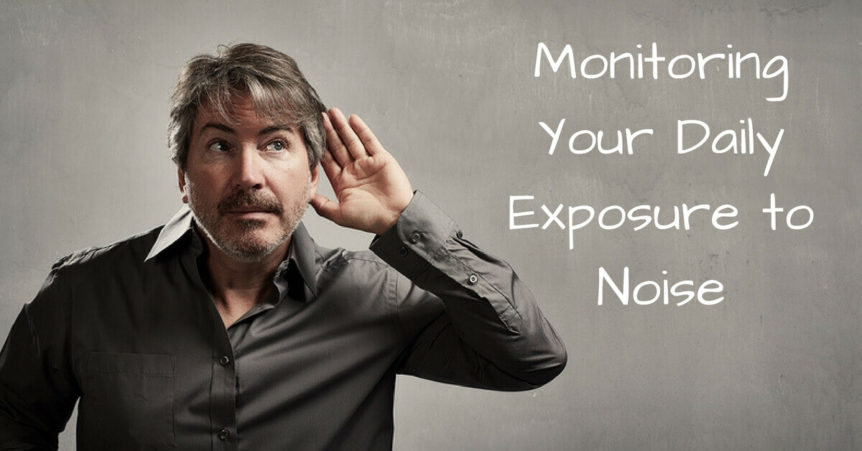You might think that the greatest threat to your hearing health is age. While it’s true that many seniors suffer from age related hearing loss, that’s only part of the picture. A growing number of adults, as well as children and teens, are at risk for Noise Induced Hearing Loss (NIHL) or hearing loss that is the result of exposure to dangerously loud noise levels.
Noise Induced Hearing Loss
Noise Induced Hearing Loss affects millions of Americans, from adults and seniors to children and teens. Whether from unsafe noise levels on the jobsite or exposure to excessive traffic noise on the commute, many sounds can be putting your hearing at risk. Even leisure activities like rock concerts or sporting events can be extremely loud and will cause permanent damage to your hearing.
Children and teens risk NIHL as well. One of the biggest risk factors for teens is unsafe listening practices. Young people seem to spend a lot of their time with earbuds stuck firmly in their ears, listening to music, playing games, watching videos, and chatting with their friends. They often don’t realize the risks to their hearing, and they may have the volume turned up far too loud for far too long.
Understanding Decibels
Decibels are an easy way to measure the volume of sounds, and their levels indicate to us what is safe and what’s not. For example, normal conversation is perfectly safe for your hearing health, and is around 60 dB. City traffic can get really loud, reaching 90 dB. And things like power equipment or your lawnmower are often 100 dB or more. Finally, the rock concert you went to last weekend probably reached up to 120 dB! At this volume, it only takes a few minutes of listening to lead to permanent hearing damage.
Daily Noise Exposure
One way to keep track of your hearing health is to monitor your daily noise exposure. This is the average noise levels you hear throughout each day. It’s measured by combining the noise levels with the amount of time you spend being exposed to that sound. Daily noise exposure is a valuable measure, since this is closely related to your risk of hearing loss. It’s recommended that you don’t exceed a daily noise exposure of 85 decibels (dB).
To stay within the recommended daily noise exposure, you can listen to sounds at 85 dB for 8 hours, but you can only be exposed to sounds of 88 dB for 4 hours. The higher the decibels, the less time you’re able to listen without damaging your hearing. It’s important to realize that working 8 hours a day in a noisy environment isn’t the extent of your noise exposure for the day. Don’t forget to think about the commute home, or your session in the noisy gym. The louder the sound, the less you can listen without damaging your hearing, and the fewer loud sounds you can be exposed to for the rest of the day.
Preventing Hearing loss
NIHL is permanent, but it is completely preventable with just a few simple steps. The first step is understanding the risks, then acting to protect your hearing. If you’re working in a noisy job, always wear hearing protection when decibel levels reach 85 or higher, regardless of the duration of the sound. Keep a pair of foam earplugs in your bag and get in the habit of popping them in whenever you find yourself in a lot of noise, whether at a concert or in a bar.
There’s an App for That
So how can you keep track of your daily noise exposure, and know when to protect your hearing? One great way is to download a smartphone app that measures decibel levels. This won’t tell you your daily noise exposure, but they will tell you how loud the sounds around you are. If the app tells you the sound levels are higher than 85 dB, the best thing you can do is to protect your hearing. This can be done by turning down the volume, removing yourself from the situation, limiting your exposure to the noise, or wearing hearing protection.
Treating Hearing Loss
If you are concerned that you may have Noise Induced Hearing Loss, visit us at Neighborhood Hearing Aid Center for a hearing assessment and consultation. We know a lot about NIHL and will help you keep your hearing safe. We’ll test your ability to hear in quiet and in noise, and if a hearing loss is detected, our team will recommend the best hearing aid to treat your hearing needs.

